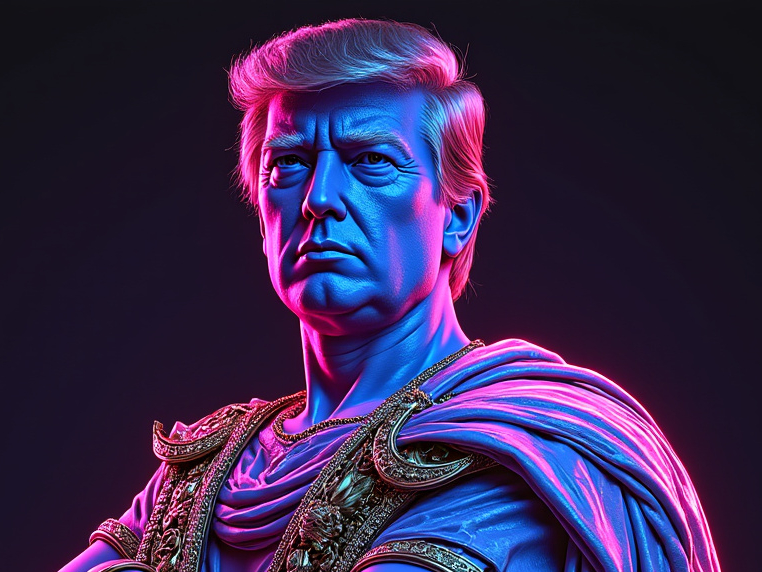The head of Russia’s republic of Komi announced Tuesday that he was stepping down from office, making him the third regional executive to resign in two days after the governors of Rostov and Tambov
“Our president has entrusted me with a new federal-level role,” Komi head Vladimir Uyba said in a video on Telegram. He did not say where he would be working next.
Uyba, formerly the head of Russia’s Federal Medical-Biological Agency, was appointed to lead the republic of Komi in April 2020 after Putin dismissed his predecessor, Sergey Gaplikov, over his handling of the Covid-19 pandemic.
Shortly after Uyba announced his resignation on Tuesday, President Vladimir Putin appointed the head of Far East Russia’s Jewish autonomous region, Rostislav Goldshtein, to serve as Komi’s acting regional leader.
The Vedomosti business newspaper, citing Kremlin sources, reported last month that Uyba was likely to be removed from office. An outsider to Komi, Uyba reportedly had strained relations with local elites, a point of dissatisfaction for the Kremlin as it seeks to maintain tight control over Russia’s ethnic republics.
Those tensions gained international attention last year when Komi’s former agriculture minister, Denis Sharonov, requested asylum in the United States after receiving a military draft summons, which he attributed to his “long-standing conflict” with Uyba.
Russian political analyst Evgeniy Minchenko also anticipated Uyba’s resignation, ranking him among Russia’s regional executives with the least stable political footing in a report last month.
Uyba’s departure comes after Rostov region Governor Vasily Golubev and Tambov region Governor Maksim announced their resignations on Monday, marking the informal start of Putin’s annual “gubernatorpad,” or shake-up of regional leaders.
A Message from The Moscow Times:
Dear readers,
We are facing unprecedented challenges. Russia's Prosecutor General's Office has designated The Moscow Times as an "undesirable" organization, criminalizing our work and putting our staff at risk of prosecution. This follows our earlier unjust labeling as a "foreign agent."
These actions are direct attempts to silence independent journalism in Russia. The authorities claim our work "discredits the decisions of the Russian leadership." We see things differently: we strive to provide accurate, unbiased reporting on Russia.
We, the journalists of The Moscow Times, refuse to be silenced. But to continue our work, we need your help.
Your support, no matter how small, makes a world of difference. If you can, please support us monthly starting from just $2. It's quick to set up, and every contribution makes a significant impact.
By supporting The Moscow Times, you're defending open, independent journalism in the face of repression. Thank you for standing with us.
Continue
![]()
Not ready to support today?
Remind me later.

 By The Moscow Times | Created at 2024-11-05 13:50:24 | Updated at 2024-11-05 16:21:55
2 hours ago
By The Moscow Times | Created at 2024-11-05 13:50:24 | Updated at 2024-11-05 16:21:55
2 hours ago








